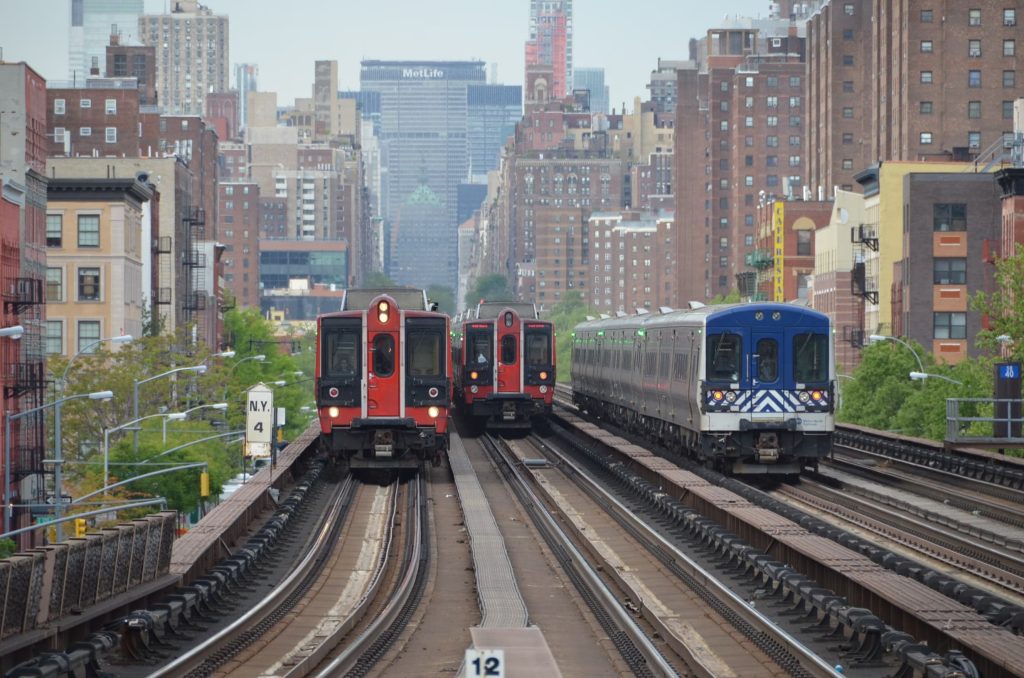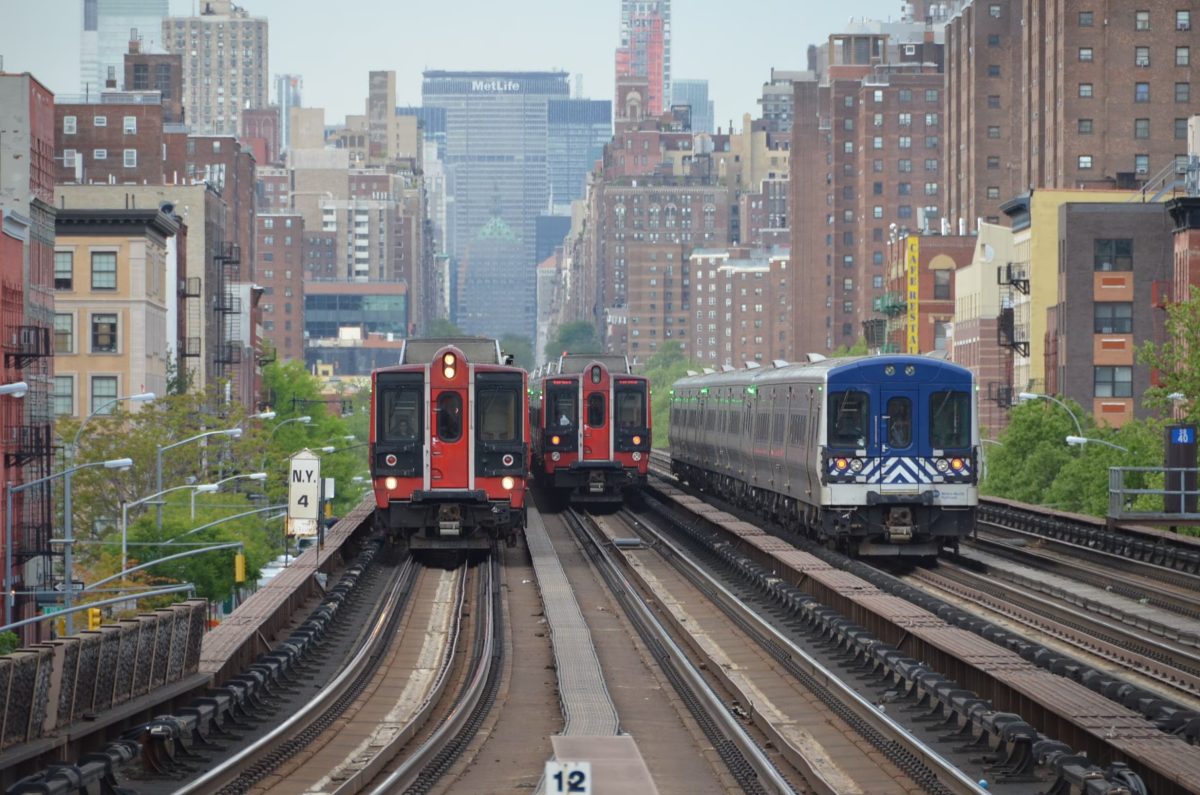MTA to Give Discounts to LIRR and Metro-North Users, but It May Not Be Enough for Some

Photo from the MTA
JEAN BRANNUM
jbrannum@queensledger.com
The Metropolitan Transportation Authority will provide a steeper discount to residents who use certain commuter rail tickets within the New York City area, according to an MTA press release.
Since congestion pricing goes into effect June 30, residents who take the Long Island Railroad of Metro-North rail line within New York City can expect to pay 10 percent
less on their monthly commuter passes. This is in addition to the current 10 percent discount, totaling a 20 percent discount.
The discount will hopefully relieve the cost burden of transportation for those who live in New York City but cannot commute without the LIRR or Metro-North.
 Congestion pricing means higher tolls for commuters who travel daily to Manhattan below 60th Street. The new toll system is meant to encourage public transportation use and reduce gridlock and pollution in the area. When pricing is fully implemented, small passenger cars will pay up to $15 with the E-Z pass and $22.50 without the E-Z pass. Similar programs exist in other major cities including Singapore, London, and San Diego, according to Smart Cities Dive.
Congestion pricing means higher tolls for commuters who travel daily to Manhattan below 60th Street. The new toll system is meant to encourage public transportation use and reduce gridlock and pollution in the area. When pricing is fully implemented, small passenger cars will pay up to $15 with the E-Z pass and $22.50 without the E-Z pass. Similar programs exist in other major cities including Singapore, London, and San Diego, according to Smart Cities Dive.
The program is not without critics. A change.org petition from The Coalition in Opposition to Congestion Pricing said that the increased fare will not reduce car traffic and will instead put an undue burden on people who need a car to get to work in the city. The group also said that air quality surrounding the congestion pricing zone will decrease due to cars and trucks circumventing the area to avoid tolls.
The MTA environmental impact study reported that air quality would worsen with congestion pricing since traffic between Long Island and Pennsylvania could drive through the Bronx to avoid the Manhattan tolls.
Jack Nierenberg, vice president for the advocacy group Passenger United, said that while the discount is a good start by the MTA to relieve the burden of congestion pricing, it would not address the issues residents from disadvantaged communities experience with public transportation and congestion pricing.
The MTA eliminated the Atlantic ticket in 2023, which cost five dollars for one way between Brooklyn and Southeast Queens. Frequent riders could include a $60 weekly pass with a free weekly Metro card. The pass was eliminated in exchange for the City Ticket, which has a peak-time cost of seven dollars and no subway connection.
“Now, for the MTA to suggest that they’re going to implement a 10% discount for weekly and monthly city tickets without reinstating the free subway or bus transits that they should have kept, that’s ridiculous.”
Nierenberg also said that the potential increase in passengers would strain the current system since there will barely be an increase in service. He added that while other cities have successfully used congestion pricing to decrease traffic and pollution, those cities have also improved public transportation, citing that London added busses after starting congestion pricing to accommodate the increase in passengers.
Riders can purchase monthly passes starting in July, one day after the implementation of congestion pricing.




